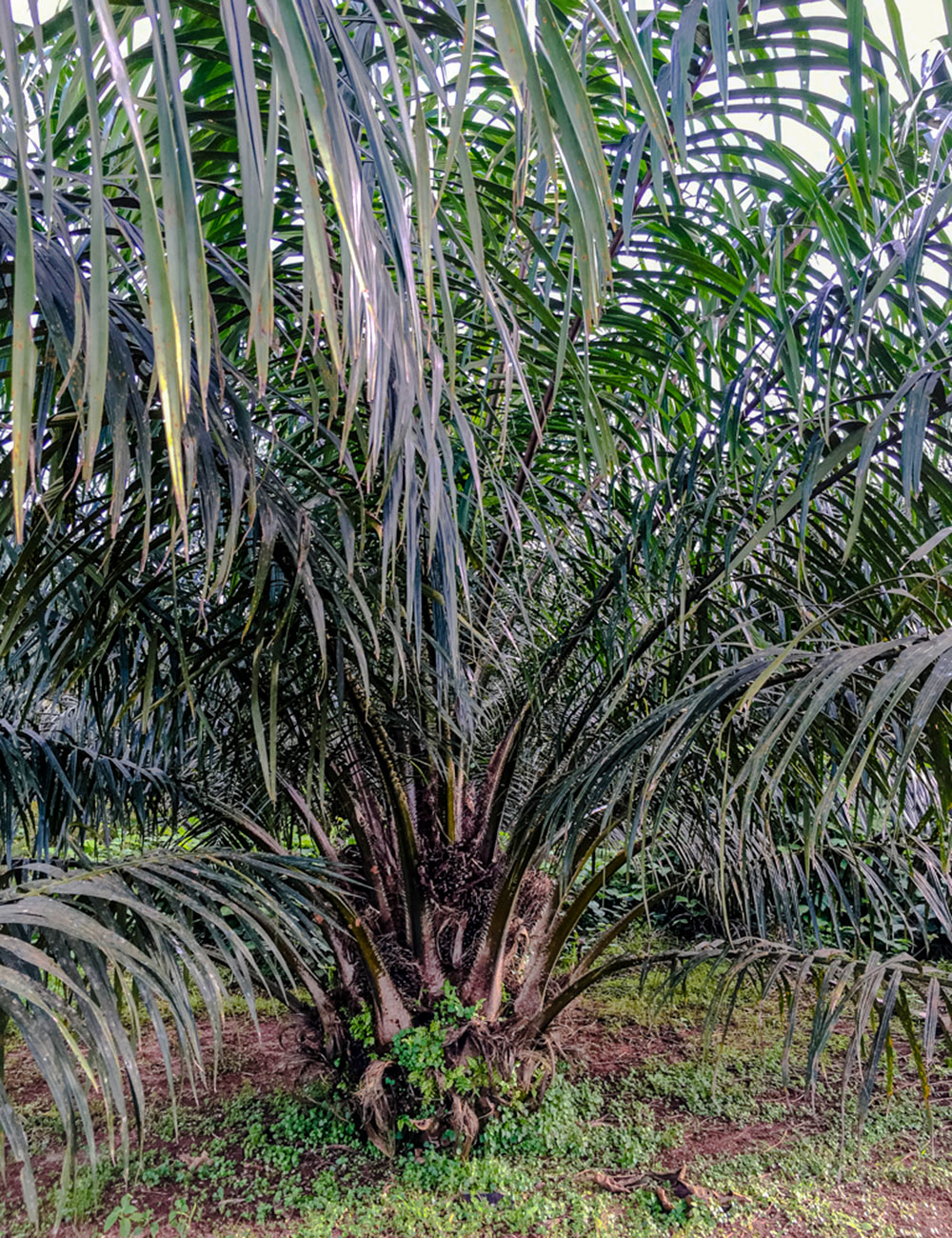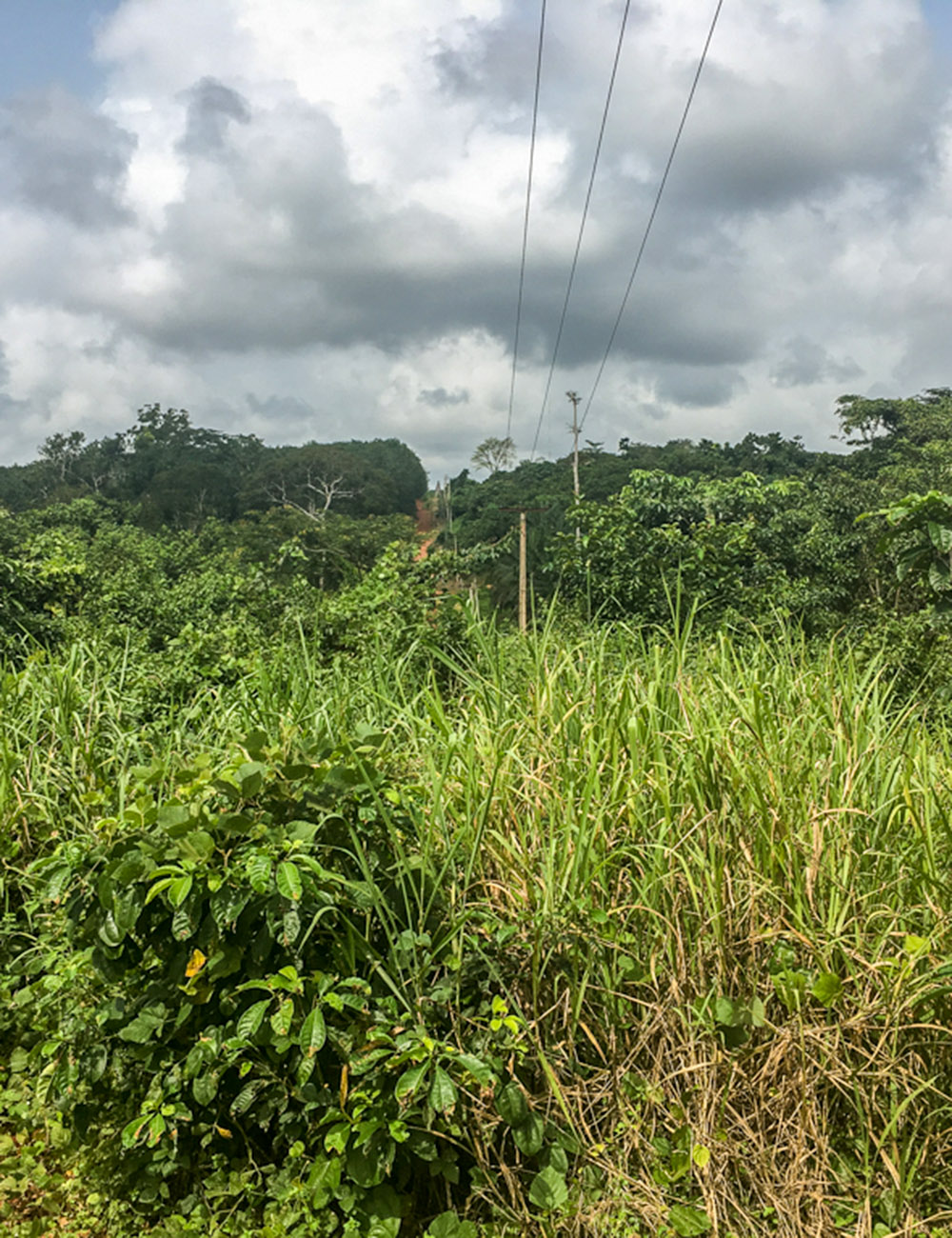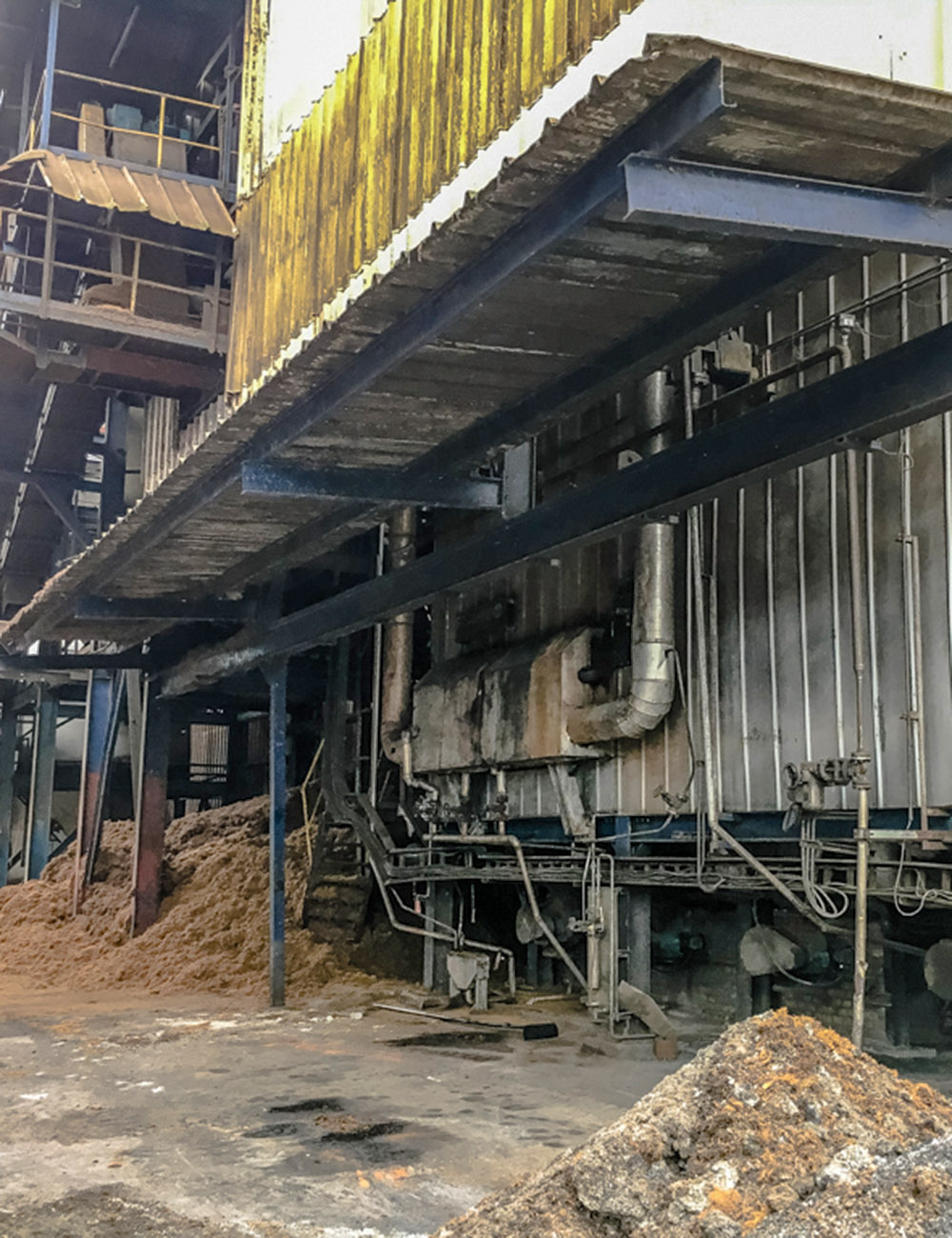
ORGANICS Biomass
Sustainability – The Default Setting
Today’s challenge is the preservation of diminishing resources and the looming climate crisis.
Essential in this is the search for mechanisms to minimise the release of fossil carbon dioxide into the atmosphere, and the use of alternative fuels to ensure that our precious resources are carefully used.
The mission of Organics Biomass is to engage in the search for environmental preservation. Alternative sources of energy will play a major role.
Biomass and the Environment
Palm oil remains one of the most important ingredients in multiple products sold in western societies and, for this reason, it is a much sought-after ingredient in everything from ice cream to lipstick and other beauty products.
In spite of the obvious benefits, such as efficiency when compared to other forms of producing seed oils and the battle against poverty, palm oil remains a highly controversial form of agricultural development in that the environmental cost of this burgeoning market has traditionally been far too high.
Verification of Sustainablity
However, sustained pressure from activist groups and consumers, and as a direct consequence, investors, is ensuring that the whole chain of palm oil production is being closely monitored. Several organisations have been established to ensure that palm oil can be produced in a sustainable way; that is, in such a way that the needs of tomorrow are not sacrificed for those of today.
In particular, investors and those who finance new and established palm oil projects are actively promoting the sustainable development of palm oil as it is clear that public perception is severely eroding markets and will continue to do so unless sustainability in development becomes a pillar of future investment strategies and that it can be clearly verified.
Organisations such as the Roundtable for Sustainable Palm Oil (RSPO), a global network of hundreds of organisations involved in the palm oil supply chain, have established a system of certification that ensures that palm oil is not only profitable but that it achieves sustainability in the short term.
Constructive Engagement
Well-respected organizations such as the World Wildlife Fund consider that the trend is clear and that palm oil is an important crop not only for economic development but for also for environmental protection in sensitive regions.
The conclusion is that engagement to ensure verifiable sustainability and respect for human rights, rather than boycott, is the only clear way to ensure that the benefits of palm oil can be promoted. For this reason, it is important to support organizations, such as the RSPO in their challenging work to ensure verification of sustainable methods along the whole supply chain. Only then can sustainability in all aspects of the process be achieved.
Palm oil production, together with the related industries that are direct spin-offs, such as recycling and energy production, must be clearly placed within the umbrella of the circular economy in which waste is minimised and the environment is considered to be an asset that must be protected, not only now but for future generations – the essence of sustainability.
The Circular Economy
For this reason, Organics is actively involved in the chain of palm oil processing, concentrating on the recycling of the products and the protection of the environment from the devastation that uncontrolled palm oil exploitation can cause.
Organics Biomass has been established to promote the use of biomass that is generated by the production of palm oil. The aim is meet several of the criteria related to the establishment of the circular economy including:
- The control of pollution and treatment of wastewater;
- Harnessing the methane that is captured from the Palm Oil Mill Effluent (POME) to generate heat and energy;
- The use of Palm Kernel Shells (PKS) that are collected and dried after the palm oil has been extracted and promoting its use as biomass to be used as an alternative fuel in energy production.
In this way, the carbon footprint of the entire palm oil operation can be reduced, effluent can be treated and emissions can be converted to a valuable resource. The dried biomass obtained after palm oil processing can also be directly used as a fuel that displaces the use of conventional fossil fuels.
All of these steps contribute significantly towards controlling the emissions of CO2 to the atmosphere and helps to achieve the ultimate aim of a sustainable industry.
An Irreplaceable Resource
The rainforest of our blue and green planet is irreplaceable. Unfortunately, it is here also where most of the plantations that cater for the global demand for palm oil and associated products are located.
It is incumbent on all of us, at all stages of the supply and consumer chain, to ensure that whilst the valuable resource that is palm oil is continued to be made available, it is done so in such a way as to preserve as much of the valuable rainforests upon which, whether we can imagine it or not, we are all dependent.
Organics Biomass ensures that all products are obtained from verifiable sources and that supplies are accompanied by certification from authorised organizations.
We are determined to be part of the solution that can help us all to achieve a sustainable way of life that is respectful not only of our planet but also of those who are still to enjoy the many gifts that the planet bestows on us.
LOCATION
TECHNOLOGY
CONTACT US
ORGANICS GROUP
Please consult the following pages before using our site:
Organics Privacy Policy
Data Protection Policy





